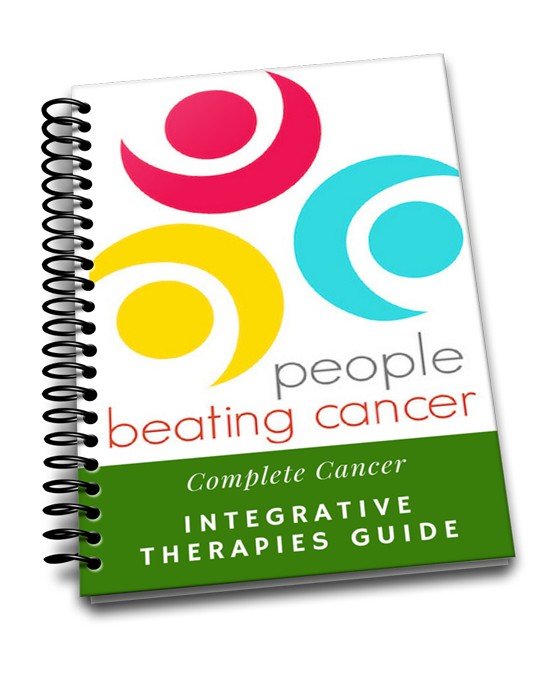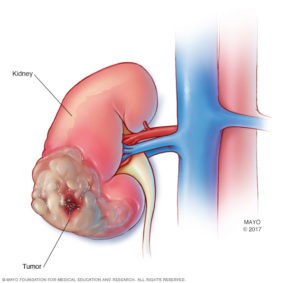- You are here:
- Home »
- Blog »
- Uncategorized »
- Metastatic Renal Cell Carcinoma (RCC)- Promising Remedies?
Metastatic Renal Cell Carcinoma (RCC)- Promising Remedies?

Thereby, the codelivered nanoassemblies of sorafenib and curcumin provided a promising strategy to enhance the combinational therapy of HCC.”
Hi David, I’ve read your article, I have heard before about this man with RCC and his remission. My husband has metastatic RCC with multiple lung mets. He’s being offered targeted therapy with Sutent but he’s not very willing to start it as it has terrible side effects which can be life threatening and the effect is unpredictable, however it is palliative care at best.
We are keen to find any promising remedies. He has already tried a number of things in the 6 months between the CT scans but going by the latest results, they didn’t produce any results. At least the mets did not expand elsewhere from the lungs. But it is pretty bad as it is. So, any info you may have, I’m looking forward to hear it.
Many thanks. Gail
Dear Gail,
First and foremost, I am sorry to learn of your husband’s metastatic RCC. I agree with your husband that Sutent therapy brings many health challenges with it. Several things-
I can’t provide “promising remedies.” I apologize for being so direct but my hope is that you will understand my approach. Yes, there are several evidence-based non-conventional therapies available to your husband but I can’t label any as “promising” at this stage.
Having said that, I will follow with the fact that I was end-stage myself (different cancer) after 4 years of conventional therapies back in ’94-’97. As you know, the advanced RCC patient who underwent ALA and low dose Naltrexone achieved excellent results. So yes, there are available therapies…I’m just tring to adjust your expectations.
I noticed that you registered for the general cancer coaching webinar. Experience has taught me that a spectrum of evidence-based therapies such as integrative and complementary therapies can be useful for survivors in your husband’s situation. If you haven’t watched the CC webinar, the program is comprized of anti-cancer nutrition, supplementation, detox. therapies, etc. that are then followed up by specific therapies for your specific cancer.
An example would be a series of integrative therapies for RCC. For example, I would offer enhancing the anti-angiogenic properties of sorafenib with a non-toxic supplement called curcumin (I have been supplementing with curcumin for over ten years). I understand that the study linked below cites HCC not RCC but my point is that curcumin enhances the efficacy of sorafenib.
Codelivery of sorafenib and curcumin by directed self-assembled nanoparticles enhances therapeutic effect on hepatocellular carcinoma.
“In particular, in BEL-7402 cells induced tumor xenograft, SCN treatment displayed the obviously enhanced inhibitory effect on tumor progression over free drug monotherapy or their physical mixture, with significantly increased antiproliferation and antiangiogenesis capability. Thereby, the codelivered nanoassemblies of sorafenib and curcumin provided a promising strategy to enhance the combinational therapy of HCC.”
At the same time I would encourage you to discuss with your oncologist non-curative therapies for your husband’s mets that could give him both the QOL and time needed for the integrative and complementary therapies to work.
Evaluating Cryoablation of Metastatic Lung Tumors in Patients–Safety and Efficacy: The ECLIPSE Trial–Interim Analysis at 1 Year.
” Local tumor control rates were 56 of 58 (96.6%) and 49 of 52 (94.2%) at 6 and 12 months, respectively. Patient’s quality of life was unchanged over the follow-up period. One-year overall survival rate was 97.5%. The rate of pneumothorax requiring chest tube insertion was 18.8%. There were three Common Terminology Criteria for Adverse Events grade 3 procedural complications during the immediate follow-up period (pneumothorax requiring pleurodesis, noncardiac chest pain, and thrombosis of an arteriovenous fistula), with no grade 4 or 5 complications.
CONCLUSION: Cryoablation is a safe and effective treatment for pulmonary metastases with preserved quality of life following intervention.”
My experience is tha conventional oncology is limited, meaning they are focused on “standard-of-care” therapies. Your husband may be able to benefit greatly with both FDA approved and evidence-based but not FDA approved therapies.
Let me know if you have any questions. Hang in there,
David Emerson
- Cancer Surivivor
- Cancer Coach
- Director PeopleBeatingCancer
Recommended Reading:


